Home » Kratom in Vermont
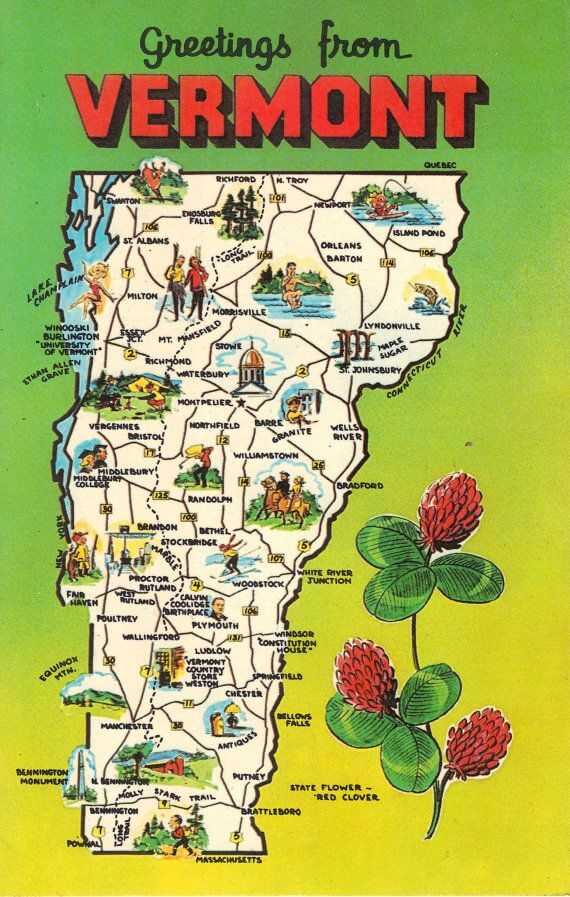
Kratom in Vermont
- Anthony Dent, Founding Member
- 4 Comments
-Exploring the legal climate of Kratom in Vermont
I remember my first trip to Vermont. I stayed in a resort in Burlington, an absolute time warp of a place; shag carpets, faux wooden panelling, diners with jello and a carefree attitude.
Burlington was stuck in the 1960’s. And I can’t blame them. Lodged deep in deciduous valleys, one can imagine a world in which contact ceased, this wooded pocket either forgotten amongst a lost shipping manifest, or the denizens themselves holding close the deep trails which lead to their tranquility.
But for all the easy going 60’s vibes, the lost-in-the-woods-so-who-cares attitudes, Vermont holds rare in one unfortunate category.
Kratom is illegal in Vermont as of Fall of 2020.
Origins of the Kratom Vermont Ban
In 2016, legislators in Vermont voted to ban the primary compounds in kratom, like mitragynine. This outlawed the possession, sale, and consumption of all kratom products. But their understanding of kratom is deeply flawed. It is classified as a “Synthetic Cannabinoid” – there is no science or study that would indicate kratom shares any remote similarities to cannabinoids. The most common error is to classify kratom as an opiate; this has also been emphatically disproven, but at least brings some merit as kratom shares a similar receptor in the brain. As such, through anecdotal evidence and burgeoning science, kratom is thought to show tremendous potential in treating the damaging opiate epidemic in America. Still, as a relative of coffee, no evidence would suggest that kratom is, by chemical definition, an opiate.
This troubling understanding of kratom provides a basis by which the American Kratom Association (AKA) may find a means to overturn Vermont’s kratom ban. Following the blueprint of the legalization of Medicinal Cannabis, the AKA is traveling state-by-state, promoting the Kratom Consumer Protection Act (KCPA). This law would not only overturn current bans in the state where it is passed, but also provide a regulatory framework under which kratom would be provided legal protections for consumers and vendors alike, while also ensuring the product was regulated to ensure a standard of quality and safety. The KCPA has found excellent success, having overturned a number of bans and making good progress in states once thought intractable.
Overturning the Kratom ban in Vermont
Think back to Medicinal Cannabis, and Vermont’s stereotyping; the ban on kratom seems out of character for the state. Based on their lacking comprehension for what exactly kratom is – it cannot be synthetic and natural, as they claim, and a coffee cannot be an opiate – and ignoring its potential in combating one of America’s greatest scourges, Vermont’s basis of the ban misses the mark. This also provides ample reason and opportunity to overturn it. Vermont has proven willing to reconsider their approach to natural substances, based on their relatively early legalization of cannabis; once educated, they switched their stance. The AKA excels in using education as the basis of their argument, from which criticism of kratom melts away in the face of facts which paint the plant for what it is; an all natural alternative which countless American’s say has “saved their life”.
The AKA has demonstrated a remarkable capacity for stewarding bipartisan cooperation. During the 2016 spat with the FDA, the AKA gathered over 60 supporting signatures from members of the House and Senate, across both parties, in favor of protecting kratom. A similar story plays out in the individual states in which they present the KCPA.
Vermont state Representative Brian Cina has proposed a bill which would overturn the ban on kratom. This is separate from the efforts of the AKA; while seemingly a disconcerted plan, there is actually good reason, and regrettably, this reason damages the likelihood of H. 878’s passage. The same bill supporting kratom also promotes the decriminalization of plants like peyote.
While it’s hard to make a case against peyote, it is a much more intense and controversial substance in many ways. Lumping it in with kratom is dangerous – it overplays kratoms affects by association – and reduces the likelihood that the bill is passed. The process must be taken one step at a time. While total decriminalization of natural plants with excellent safety records is ideal in the “Land of the Free”, it would be unwise to create the perception of a system shock by “opening the floodgates”, as the opposition would say.
It’s unlikely that H. 878 passes in its current form. One can hope that, with guidance from the AKA and under the framework of the KCPA, the bill can be modulated to focus on kratom. With the facts in hand of kratom’s potential, and many Americans using kratom to regain normalcy and hope in their lives, kratom ought to be more of a priority than peyote, however noble the effort may be.
What’s Next?
As the only state in New England without direct access to the Atlantic, Vermont is reliant on traditional ground commerce. Unfortunately, the FDA is targeting just this. Despite losing in the court of public opinion back in 2016, the FDA is eager to regain some initiative in their hopelessly misguided war against kratom. Regardless of the progress made in 2020, this shows that the kratom community must remain proactive and vigilant.
Vermont is a relatively progressive state. Thus, one can imagine that kratom decriminalization will be addressed somewhat soon, likely once COVID lessens its stranglehold on our society. It is not hard to imagine a serious push from the AKA, along with support that already exists in Vermont’s legislative bodies, leading to some real momentum in the movement.
And if you want to help, remember this; the public backlash was monumental in 2016, when the FDA and DEA backed down from their recommendation to ban kratom. It was the first time in American history a plant was removed from scheduling recommendation. In states like Wisconsin, the testimony of kratom users has had a significant effect on legislators. The voices of the kratom community do matter, and it is important that they are heard. It is effective and powerful testimony that shares the potential of kratom to help give people hope.
The AKA has proven very effective in their mission. They are always accepting donations, and make good use of them. (We are not affiliated with the AKA, though we wholeheartedly support them). Donate, or make sure your story is heard. Report adulterated kratom products to the AKA, or any kratom products that make misleading claims (Like that they cure diseases). Do not support low grade kratom products that market as a means to get a “legal high” or that treat the plant with irreverence. The FDA latches onto this gas station snake oil and uses it as ammunition in their fight to attack kratom. And above all, educate those who don’t yet know about kratom. Be transparent. And be a good samaritan.
So let’s amass all the good karma we can, not only as members of the kratom community eager to see our lifestyle protected, but as brothers and sisters in a complex, diverse world.
Peace and Love.
Nothing in this blog is to be taken as professional medical advice. Always consult with your doctor. Kratom does not cure any diseases. Do not cessate doctor prescribed medication in favor of kratom unless you have talked with your health care professional. Always conduct your own independent research. This blog is the conjecture of the author and is in no way intended to be used as medical advice. We makes no claims of medical knowledge or the medical efficacy of any substances. This blog shares research and anecdotal reports from regular people, not medical professionals.
Featured Products
-
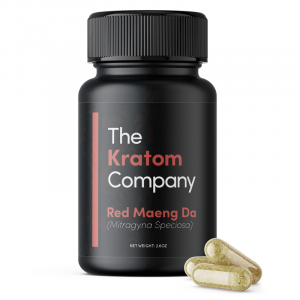 From $24.00Select options This product has multiple variants. The options may be chosen on the product page
From $24.00Select options This product has multiple variants. The options may be chosen on the product page -
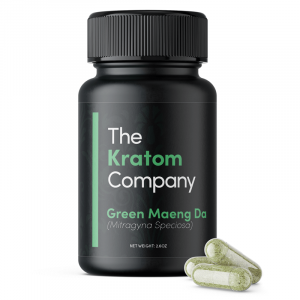 From $24.00Select options This product has multiple variants. The options may be chosen on the product page
From $24.00Select options This product has multiple variants. The options may be chosen on the product page -
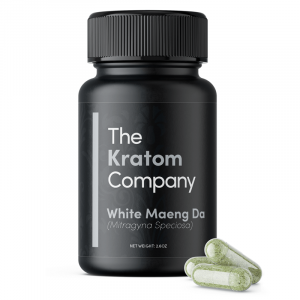 From $24.00Select options This product has multiple variants. The options may be chosen on the product page
From $24.00Select options This product has multiple variants. The options may be chosen on the product page
Explore More Posts
Product Search
Featured Products
-
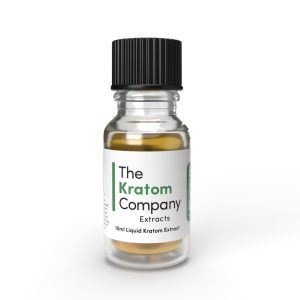 Pure Kratom Liquid Extract
Rated 4.72 out of 5From $20.00
Pure Kratom Liquid Extract
Rated 4.72 out of 5From $20.00 -
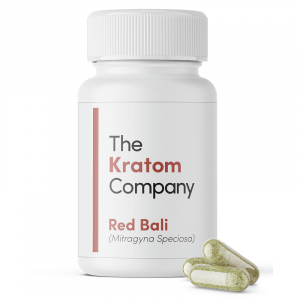 Red Vein Bali Kratom Capsules
Rated 4.70 out of 5From $24.00
Red Vein Bali Kratom Capsules
Rated 4.70 out of 5From $24.00 -
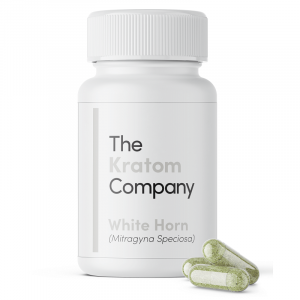 White Horn Kratom Capsules
Rated 4.88 out of 5From $24.00
White Horn Kratom Capsules
Rated 4.88 out of 5From $24.00
Follow Us
Strains
Blogs
NEWSLETTER
Sign up for our newsletter!

These statements and products presented on this website have not been evaluated by the Food and Drug Administration FDA. The products mentioned on this website are not intended to diagnose, prevent, treat or cure any diseases or health conditions. Therefore any information on this website is presented solely as the opinions of their respective authors who do not claim in any way shape or form to be medical professionals providing medical advice. The KRTM Company and its owners or employees cannot be held responsible for, and will not be liable for the inaccuracy or application of any information whatsoever herein provided. By purchasing our products you agree that you are aware and in compliance with your local county, state, or federal regulations. Must be 21 years or older to purchase Kratom. The US FDA has not approved kratom as a dietary supplement. We do not ship to the following states, cities and counties in the US where Kratom is banned: Alabama, Arkansas, Indiana, Rhode Island, Vermont, Wisconsin, Sarasota County, FL, Union County, MS, Denver, CO, San Diego, CA, and Jerseyville, IL.

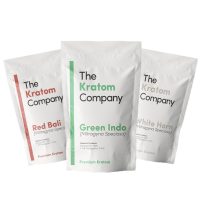

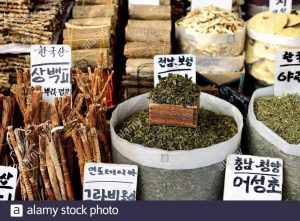


This Post Has 4 Comments
Hey, thanks for the article post. Really thank you! Awesome. Silvia Dennison Goulette
Thank you for sharing your story. As a fibro warrior myself I always admire those who blaze a trail. Aretha Cobbie Amie
Greetings! Very useful advice in this particular article! It is the little changes that will make the most significant changes. Thanks a lot for sharing! Yalonda Ulrich Guthry
This is a sad situation. Continuing to work towards enactment of the KCPA in more states is the quickest way I can see to reversal of these bans